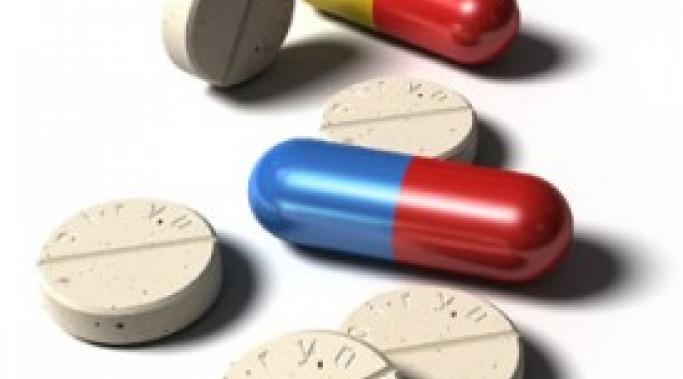So I’ve just returned from 10 days in Parma, Italy (see about bipolar vacation planning, here). It was a week-and-a-half of parmigiano reggiano, prosciutto di Parma, gelato and other things that only Italians really know how to make.
People often joke that they “need some time off to recover from that vacation.”
Yes, hilarious.
I’m not exactly sure what they mean by this but what I can say is that as a person with bipolar, I absolutely do need time to recuperate from a vacation.
Breaking Bipolar
Are you heading off for a vacay this summer? I am. Actually, I’m on mine right now. I’m writing this to you from Parma, Italy while eating some of the world’s best gelato.
And while sun and gelato and gnocchi and whatnot are worth crossing continents for, there are some things to keep in mind whether you plan on vacationing in Italy, the Tropics or two towns over. Bipolar should play a part in your vacation planning.
I have been in treatment for bipolar disorder for about 16 years. And during all that time I have tried every medication known to man, vitamins, herbs, chakra-cleaning (really), tinctures and various types of therapy.
And no matter what treatment I’ve been on, two things have been true:
People will insist on judging me for it.
Some people will disagree with it.
So to all the people out there who are not my doctor I ask: Why should I have to justify my mental illness treatment to you?
When I think about depression I think of crushing sadness. I think of heavy, devastating sadness that will not move or shift for anything. I think of a sadness that penetrates your bones and makes life feel like it’s not worth living. I definitely identify sadness with depression.
But is depression really just profound sadness?
These days my functionality, and bipolar pain level, is fairly predictable. When I wake up, I feel pretty crummy. Slowly, as the coffee hits my system, I feel a little better and become more functional. That functionality, though, only lasts for a few hour before the bipolar pain comes raging in and I find myself too depressed, in too much pain, or too anxious to do much of anything.
In other words, midday, I know that bipolar pain is on its way. I know it’s coming. I am anticipating my bipolar pain.
But how do you handle it when you know that bipolar pain is on its way?
I’ve been having a very hard time making myself take a shower. There is nothing like knowing that your hair needs to be washed, trying to make that happen all day, and then realizing, at bedtime, that you’ve failed, again. Now, as I’ve remarked earlier, we don’t want to shower when we’re sick and this is just a part of the grand disease known as depression. I get that. But somehow, that doesn’t make me feel like any less of a failure.
I’m a depressed person, or, if you like, I’m a person you suffers from depression. And, of course, I’m a person that writes and speaks about depression – a lot. So someone recently asked me, “Doesn’t talking about depression all the time make you more depressed?”
Well, it depends on your perspective.
Yesterday I gave a talk about bipolar disorder to a group of students in 11th grade for the Bipolar Disorder Society of British Columbia. I have given this talk many times and, in general, students love it. It might just be because they get out of math class for the day, or, possibly, I do a good job. Who can say?
We get feedback from every teen we give this talk to. After the talk, I review all the feedback and make sure there are no issues with it (such as a teen in immediate need to help). And yesterday, one of the feedback forms called me an ego-stroking b*tch.
And, I have to say, this never happens. The students are normally a very good audience and their feedback is usually quite genuine. Sometimes they have a comment on something they think can be improved, which is entirely legitimate, but never, has anyone called me a b*tch before.
Out of the class of 30, that was the only negative thing. But it’s the only thing I can think about. Between my bipolar obsessiveness and my depressive negativity, I seem to be solely focused on the negative.
Help! I can't decide what to watch! I woke up this morning, after a raft of disturbing dreams, and I realized in short order I had some extra bipolar depression to deal with. I realized this when I sat in front of my television and couldn’t decide what to watch. Or if to watch TV at all. I had a whole whack of programs recorded in front of me and every one felt “wrong.” I stared at the TV. I stared at the computer. I couldn’t make the commitment to pick up the computer nor turn to a TV show.
There is legislation in the United States that prevents people from being discriminated against based on an illness - and this includes mental illness. So, then, there should be no discrimination against those with bipolar disorder in the workplace. Right?









